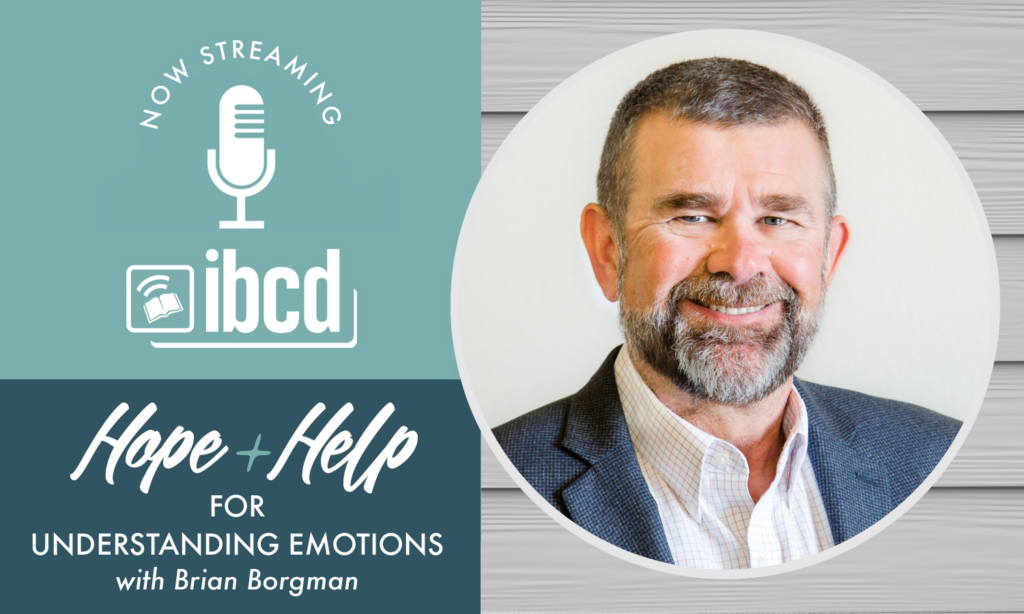Extremes of wretchedness. Charles Spurgeon once said, “I am the subject of depressions of spirit so fearful that I hope none of you ever get to such extremes of wretchedness as I go to.”
Suicidal ideations often begin in the crosshairs of extremes, where always and never intersect. The wretched “always be this way” and “never will change” trains of relentless thought ride the rails hard enough to split the iron. And in the crevice of those pressure-punched points, pain electrifies the soul in such a way as to render it flatlined.
Do you know, as I do, the horrors of living in this atmosphere — the air as thick as the despair we exhale? Where the taboo of option comes roaring its head, and our perfectly irrational reasons right along with it? With pains far too great carried for far too long, calling the clock on our burdens seems a decision rightfully ours. And the extremes echo the sentiments of hope lost long ago:
Escape the whispers of wretchedness — by your own hands.
Shame lends its pipes to play notes of isolation, crafting its own melody of always and never: “You’ll always face rejection.” “You’ll never reach that goal.” “You’ll always be damaged goods.” “You’ll never figure out how to turn things around.” Or maybe notes of a worse wretchedness.
Suicidal ideations often begin in the crosshairs of extremes, where always and never intersect. The wretched “always be this way” and “never will change” trains of relentless thought ride the rails hard enough to split the iron. And in the crevice of those pressure-punched points, pain electrifies the soul in such a way as to render it flatlined.
Do you know, as I do, the horrors of living in this atmosphere — the air as thick as the despair we exhale? Where the taboo of option comes roaring its head, and our perfectly irrational reasons right along with it? With pains far too great carried for far too long, calling the clock on our burdens seems a decision rightfully ours. And the extremes echo the sentiments of hope lost long ago:
Escape the whispers of wretchedness — by your own hands.
Shame lends its pipes to play notes of isolation, crafting its own melody of always and never: “You’ll always face rejection.” “You’ll never reach that goal.” “You’ll always be damaged goods.” “You’ll never figure out how to turn things around.” Or maybe notes of a worse wretchedness.











